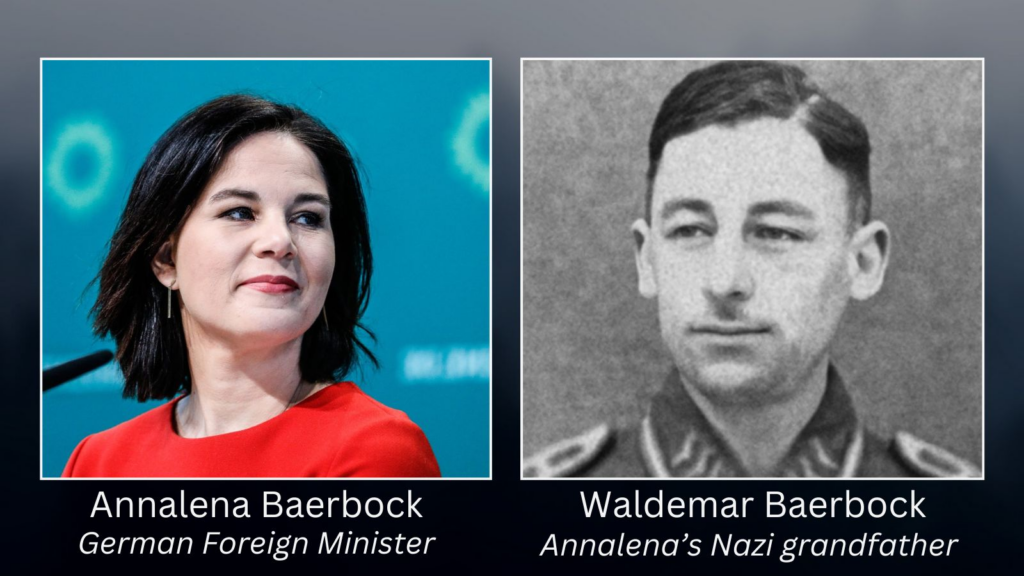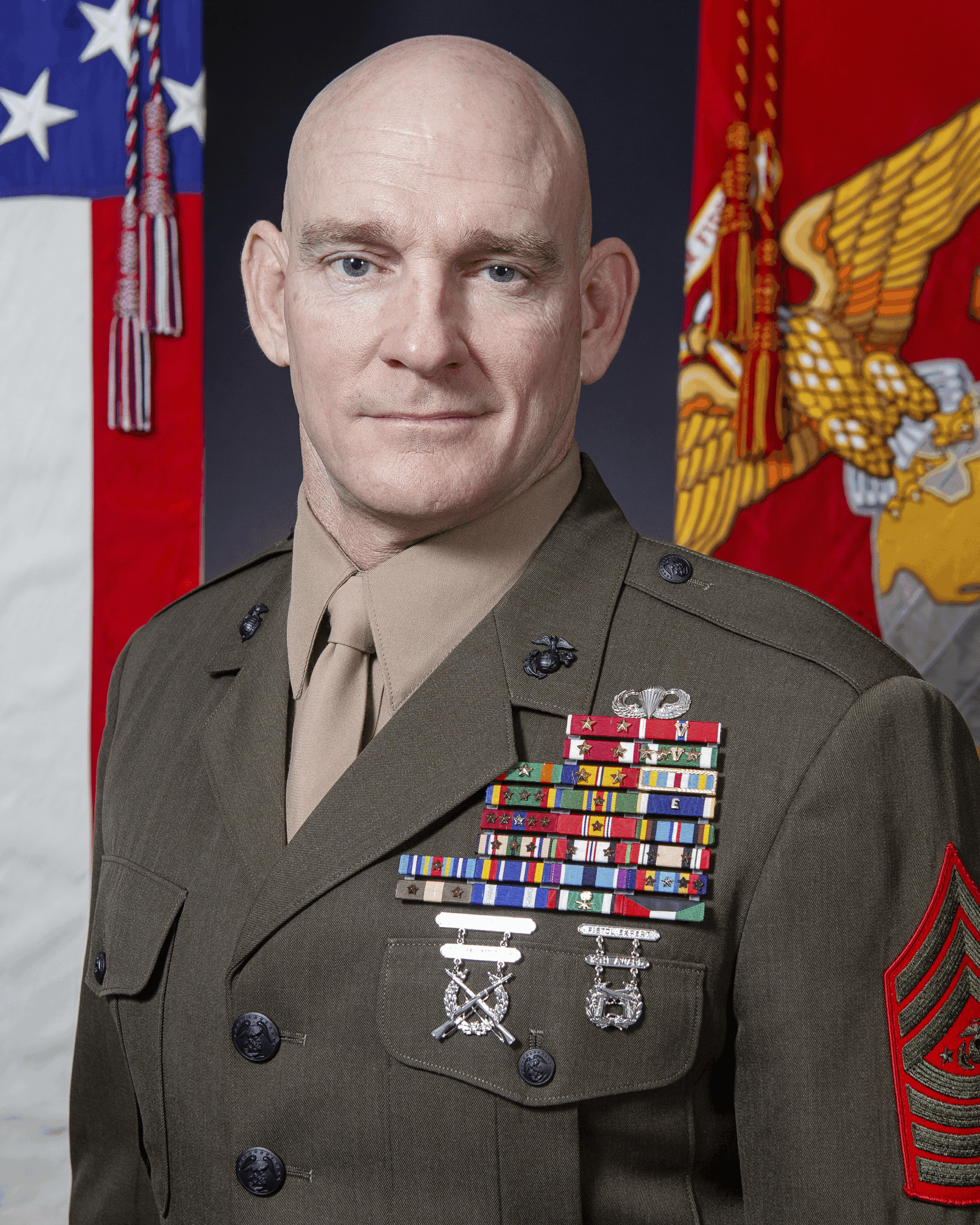Cabinet Tensions Highlight Deepening Rift in German Politics
A Dramatic Cabinet Clash
German politics took a dramatic turn as Foreign Minister Annalena Baerbock openly snubbed Chancellor Olaf Scholz during a cabinet meeting. Scholz’s attempt to engage her was met with silence as Baerbock walked away. This act underscores a deepening rift within Germany’s ruling coalition, fueled by disagreements over support for Ukraine.

€3 Billion Ukraine Aid Sparks Controversy
At the heart of the dispute is a €3 billion aid package for Ukraine. The proposal, championed by Baerbock and Defense Minister Boris Pistorius, includes critical military supplies. Key items in the package are Iris-T air defense systems, Patriot missiles, ten howitzers, and a substantial amount of artillery ammunition. Scholz’s firm opposition to this plan has caused significant friction within the government.
The Chancellor believes the current 2025 defense budget, which allocates €4 billion to Ukraine, is sufficient. He also cites additional funding options, such as a G7-backed loan supported by frozen Russian assets, to argue against the new package.
Baerbock’s Public Criticism
Baerbock has openly criticized Scholz’s stance, accusing him of undermining Ukraine’s defense efforts. She argues that Germany’s failure to act decisively weakens European security and diminishes its leadership on the global stage. Her stance has gained traction, particularly among the Greens and certain members of Scholz’s Social Democratic Party (SPD), who recognize the urgency of bolstering Ukraine’s defenses against Russian aggression.

Scholz’s Calculations: Budget or Politics?
While Scholz cites financial prudence as his reason for blocking the aid, critics suggest political motives may be at play. With federal elections scheduled for February 2025, Scholz faces mounting pressure. The SPD has seen declining voter support, and the Chancellor may worry that approving substantial aid could alienate voters wary of deeper involvement in Ukraine.
This standoff highlights a broader policy divide between Scholz’s cautious approach and Baerbock’s assertive stance. The Foreign Minister’s advocacy for stronger support reflects her party’s commitment to defending democratic values abroad, while Scholz prioritizes domestic concerns and fiscal restraint.

Implications for the Coalition and Germany’s Foreign Policy
The ongoing dispute risks destabilizing Germany’s coalition government, testing its ability to present a united front on critical issues. With the elections drawing closer, the fallout from this conflict could shape the political futures of both Scholz and Baerbock.
Germany’s leadership in Europe is also at stake. Foreign Minister Baerbock’s position in Germany’s political landscape reflects her alignment with the World Economic Forum (WEF) and its agenda. Seen by critics as a loyal advocate for WEF policies under Klaus Schwab’s influence, Baerbock is described as a forceful proponent of initiatives aimed at advancing globalist priorities. Her assertive political style has often been perceived as abrasive, particularly in international relations, where she actively pushes the WEF’s objectives.
One of Baerbock’s key focuses is support for Ukraine, which aligns with broader efforts to sustain the country’s sovereignty. This position has been interpreted by some as part of a larger strategy tied to preserving geopolitical structures favorable to WEF-aligned goals, including what some controversially label as the preservation of “Greater Khazaria,” a historical reference tied to modern Zionist movements.
Baerbock’s vision for Germany as a proactive global player contrasts sharply with Chancellor Olaf Scholz’s cautious and measured approach to foreign policy. Scholz prioritizes financial pragmatism and domestic stability, while Baerbock pushes for bold international action, particularly in support of Ukraine.
As the two leaders clash over the €3 billion Ukraine aid package, their ability to reconcile these differences will not only shape Germany’s foreign policy but also its broader international role. The resolution of this conflict may determine Germany’s alignment on the world stage and its commitment to WEF-driven global strategies.

As the clock ticks, the world watches to see how this high-stakes political drama unfolds.
Our Visitor






 Users Today : 8
Users Today : 8


